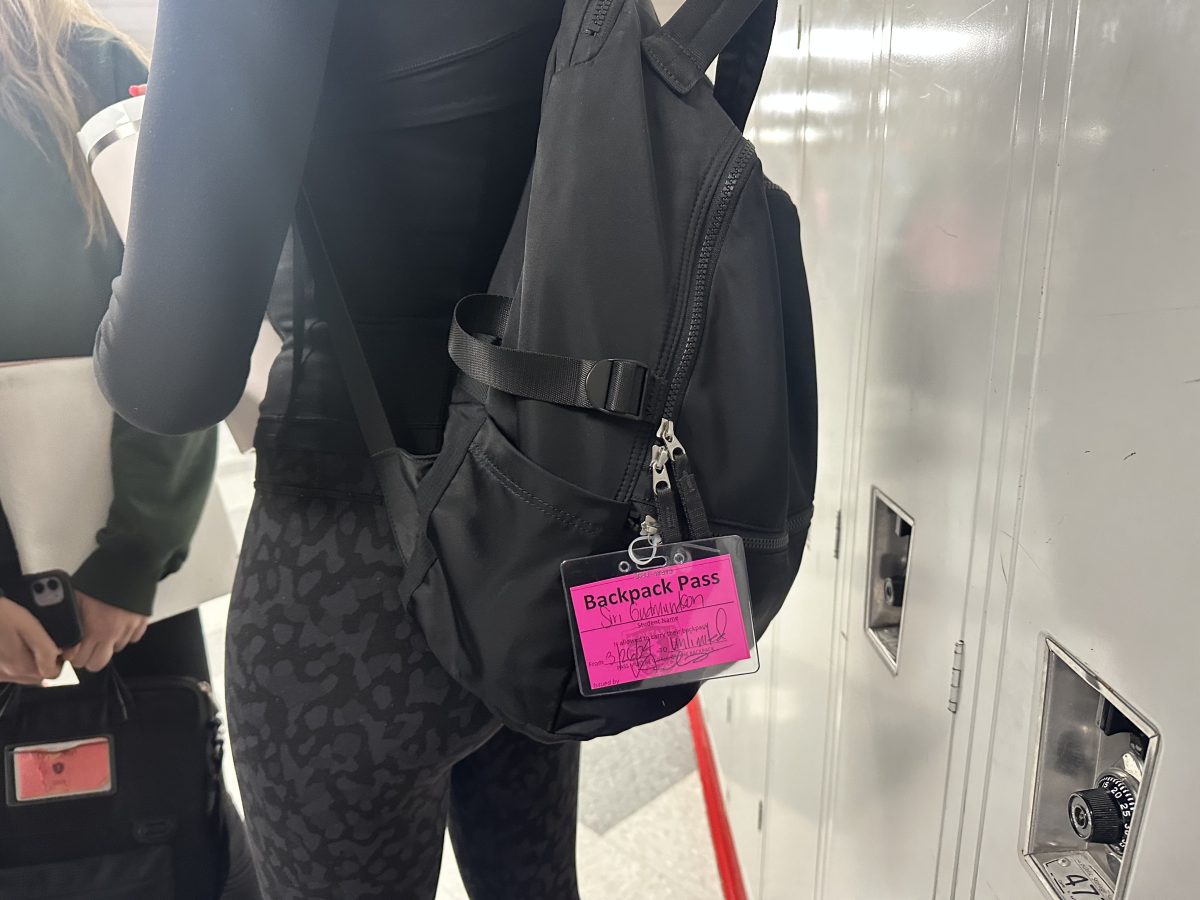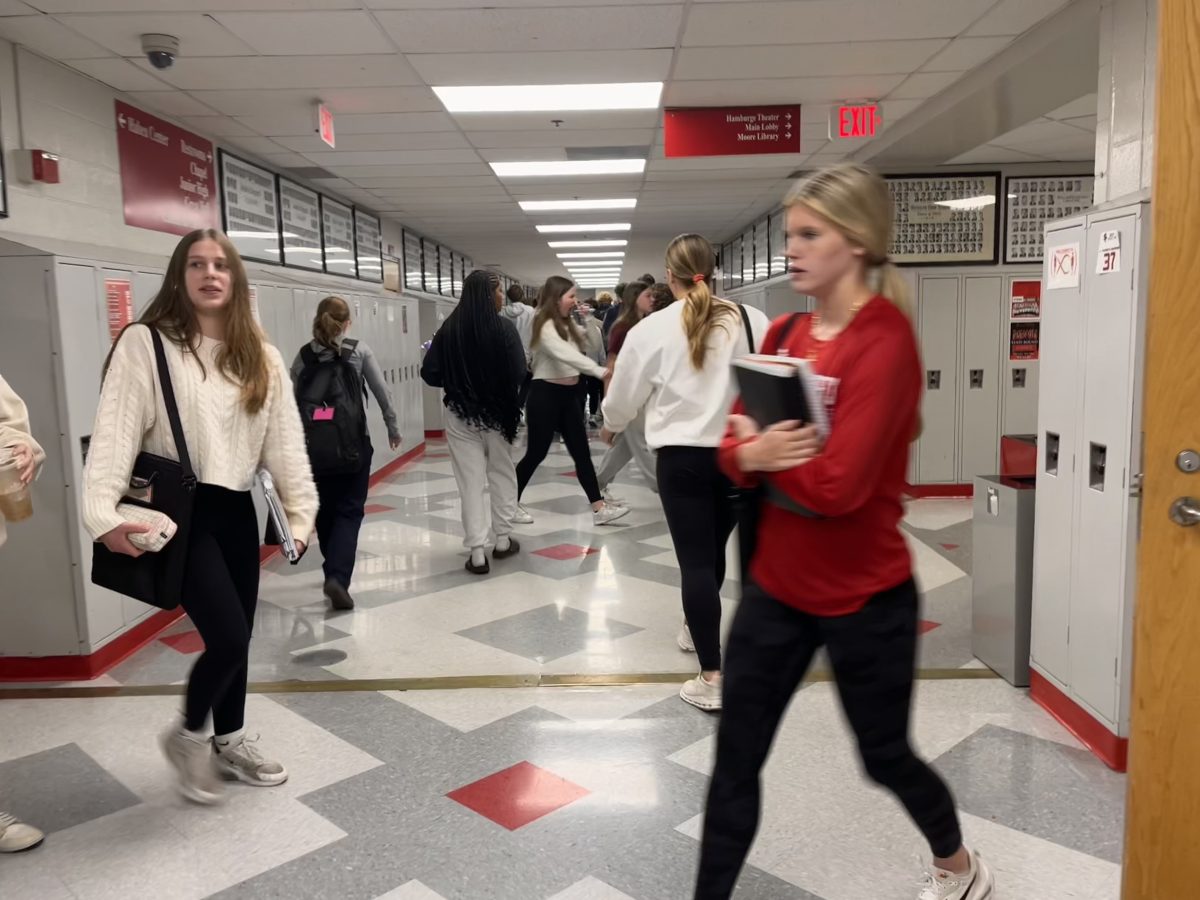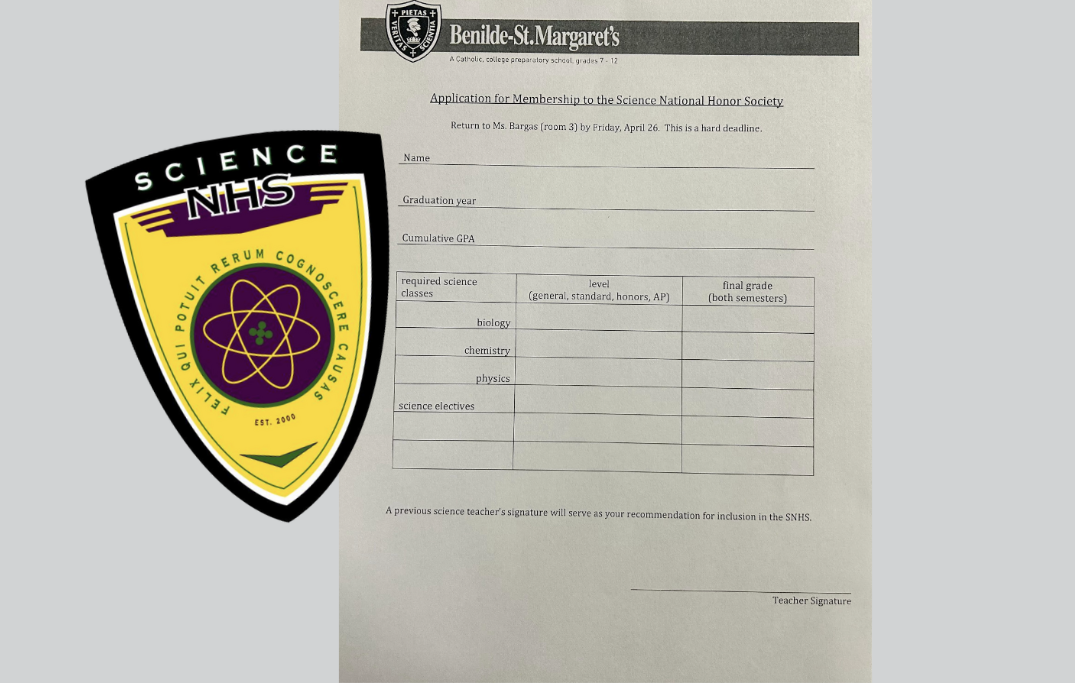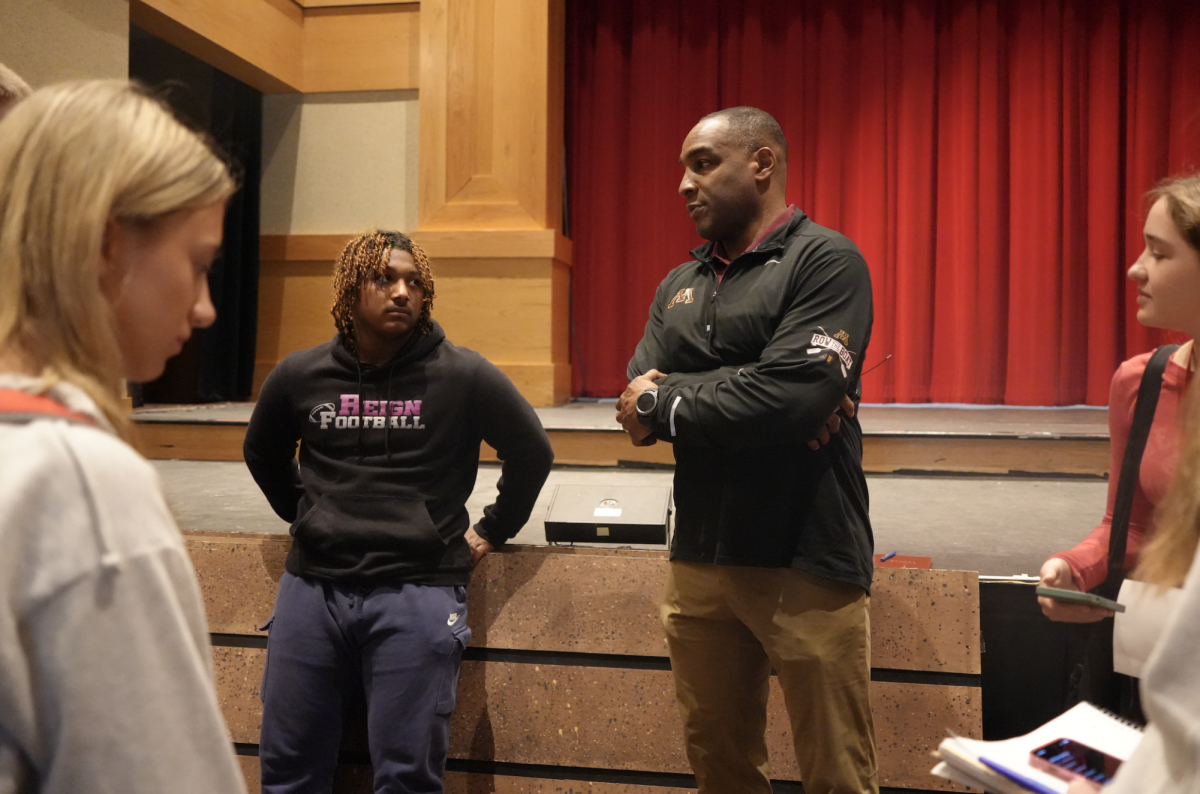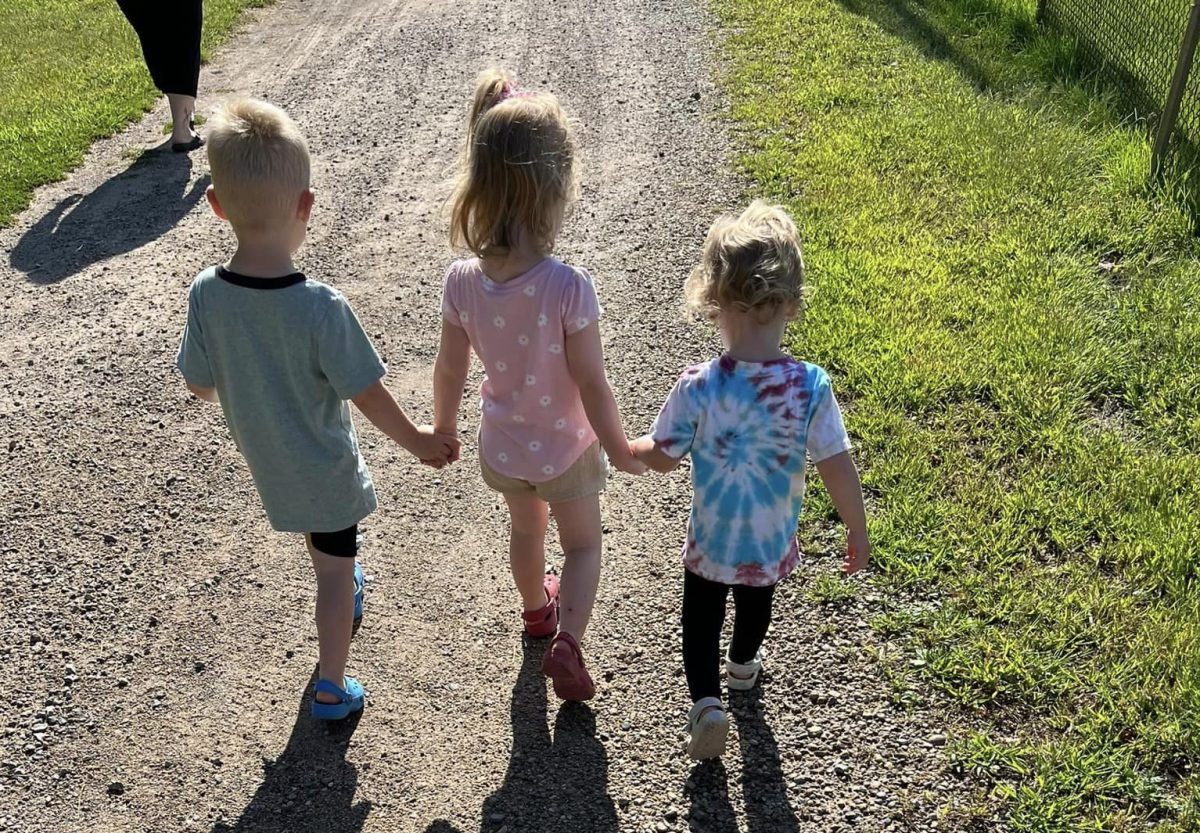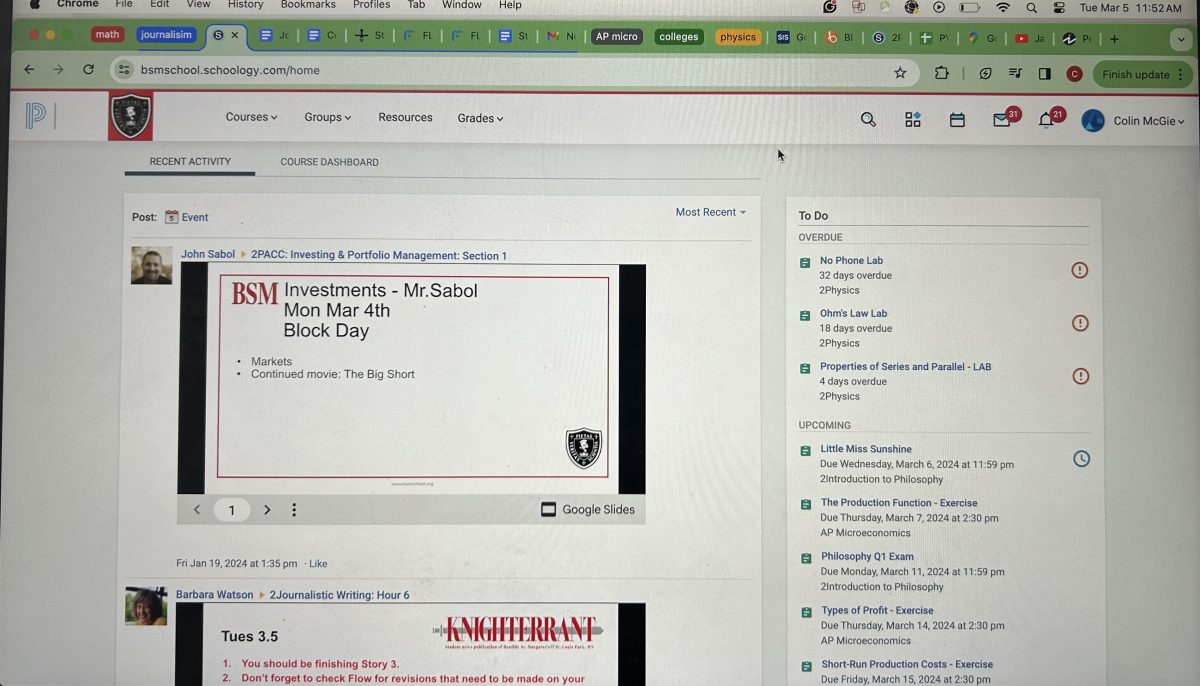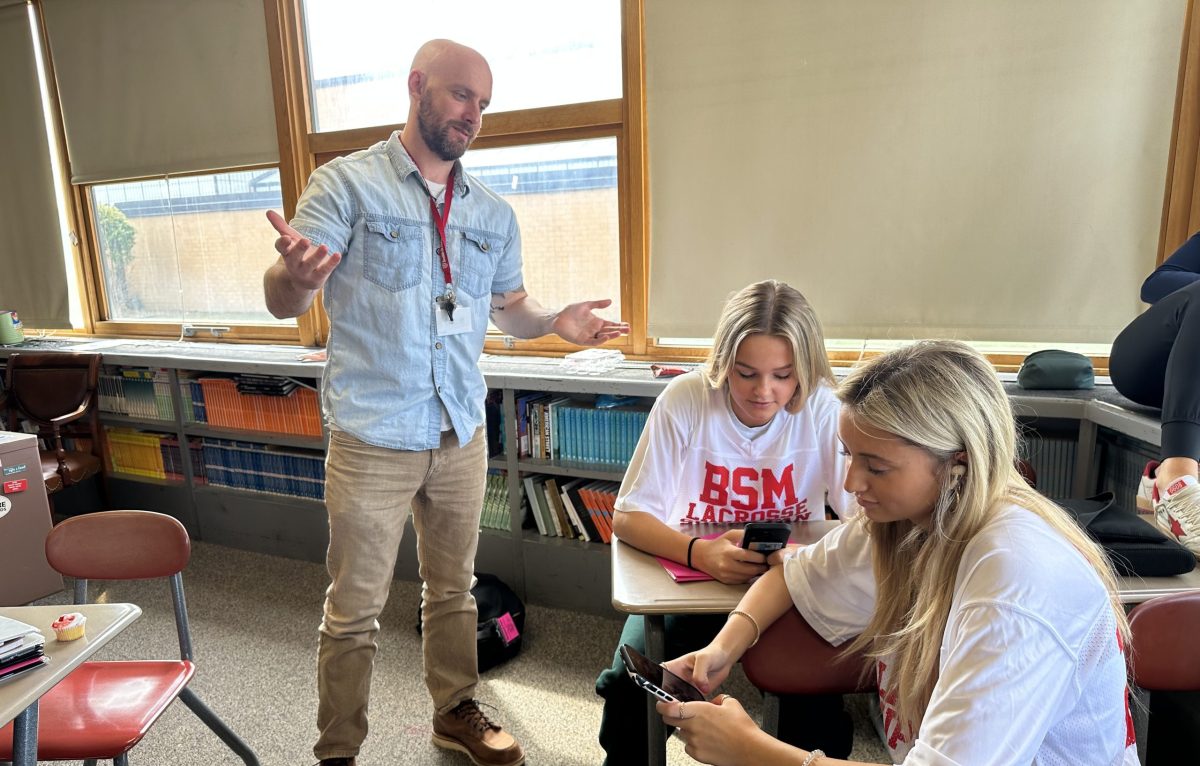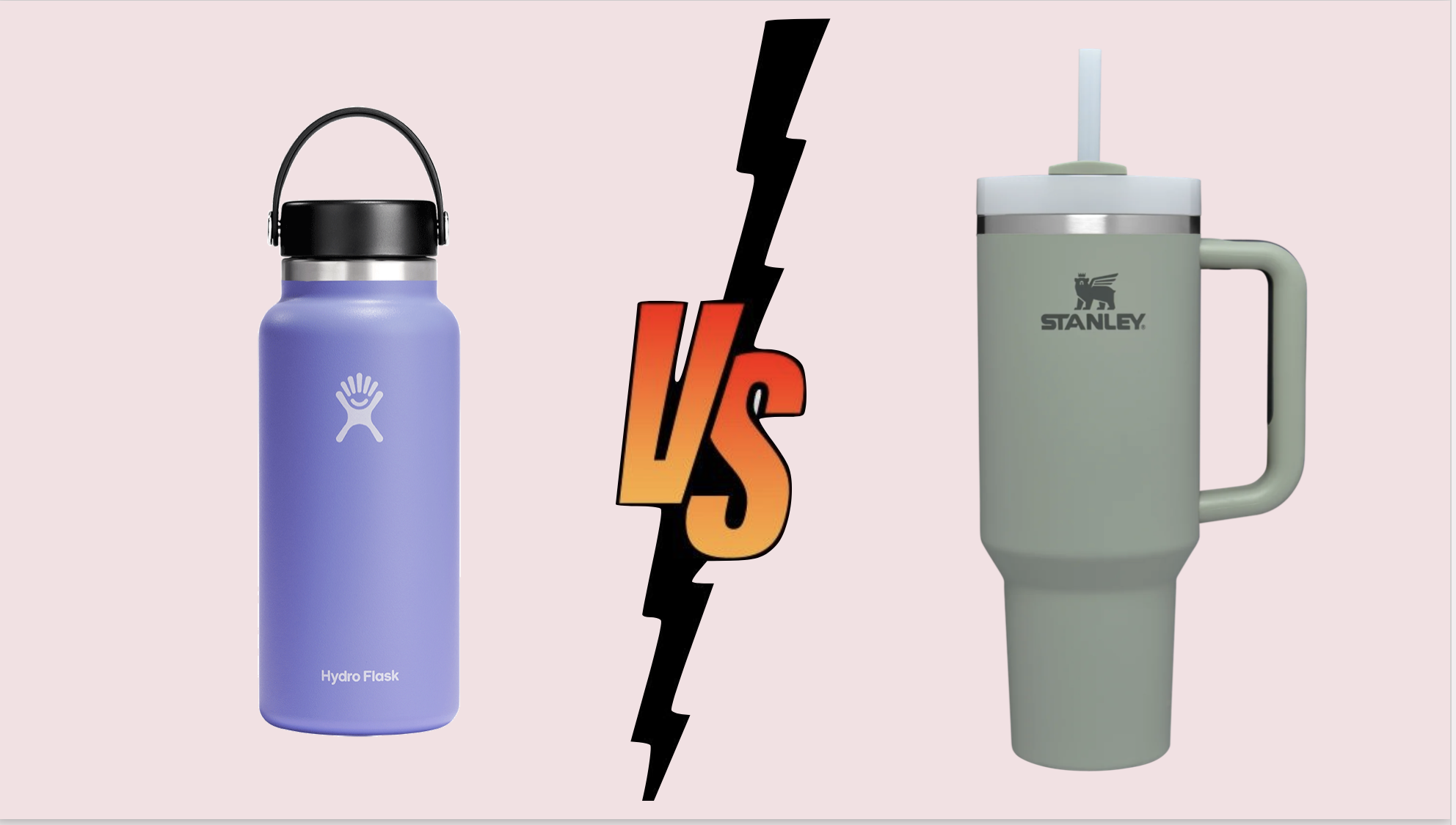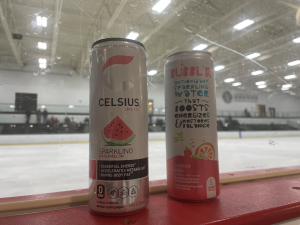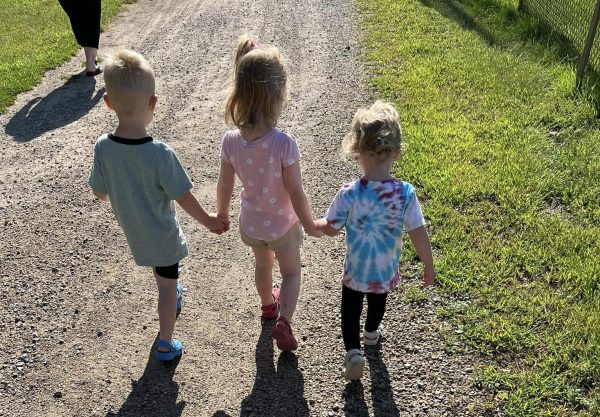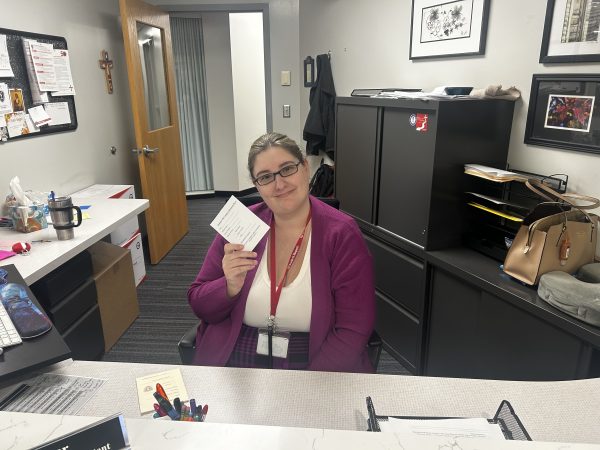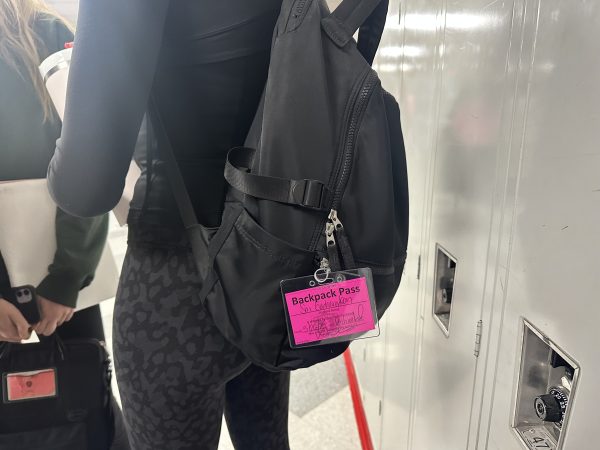Self-Care during COVID: more vital now than ever
Watching movies, reading, and crafting are popular methods of self care that students turn to this pandemic.
January 20, 2021
The Covid-19 pandemic presented a time of many uncertainties. However, it also presented a time for people to focus on themselves. Seasonal affective disorder is setting in, and the strain of everyday life causes students to turn to their favorite self care methods to boost their mood during stressful times.
The initial Covid-19 lockdown was a shock for many people. Most students and teachers found themselves thrown into a time of unpredictability, which eventually led to people’s mental health declining. Because a lockdown was something that few had experienced before, people struggled with self care methods. “In general, mental health was down, and I think people didn’t really understand that, so they didn’t know how to deal with it,” BSM counselor Amy Larson said.
Based on a survey conducted, students’ preferred choice of self care is listening to music, with 65% of the 84 students surveyed picking music as their go-to method. Listening to music provides an escape from reality, and is a fantastic way to forget about life for a few minutes. “I think music is great. I think whatever gets you into the moment is a great way to take care of yourself and most music is good for that,” clinical psychologist Dr. Jeff Steffenson said.
Students also found that getting outside was a way to relieve stress and boost their mood. Due to online school, staring at a screen all day became the new normal. It was hard to get outside since there wasn’t much to do outside of your house. Many families turned to a simple form of exercise to get outside and clear their minds: taking walks. Almost one-third of students surveyed said that spending time in nature and getting outside was one of their favorite self care methods. Sophomore Gabby Nyquist would frequently take walks with her family so she could get out of her room and be outside. “Seeing that there was more to life than just my walls really helped me recuperate,” Nyquist said.
Of the 84 students surveyed, 57% said that their mental health declined during the initial quarantine. The lack of routine and normalcy in people’s lives made quarantine a tough time to get through. Many students lost things they were looking forward to, like spring sports, and teachers lost their connection with students due to online school. Staying cooped up in your house proved difficult for many people. “If you are an extrovert… quarantine could cause some sadness or depression that you may not normally have,” Steffenson said.
However, over a quarter of students surveyed said that their mental health had improved over quarantine. Many people thought that the initial lockdown was a nice break from the stress of everyday life. Quarantine provided opportunities to get outside, spend time with family, and a chance for people to focus on themselves. “Having a change of pace and getting to focus on myself more was what helped my mental health,” Nyquist said.
The new hybrid model still presents some challenges, but the balance of doing school virtually and in person provides benefits for many students. At home, students are still able to practice their favorite self care methods, like crafting and spending time with pets, and being back at school provides a sense of normalcy and routine that was absent from people’s lives during quarantine. “This year, I think it’s gotten better… teachers are a lot more understanding,” Larson said.
One benefit of the pandemic’s initial hit is the increased sense of community. Because everyone is going through roughly the same experience, a tighter-knit community has been formed and more connections have been made. “I remember walking in the spring in my neighborhood with my little kids, and everybody stopped to say hi, and honked when they drove by. And that wasn’t how it was [before quarantine],” Larson said.
Self care provides immense benefits during stressful times. Truly, it’s all about finding a balance and learning what works best for you. “The pandemic has happened and we need to figure out ways to thrive with it here,” Steffenson said.


